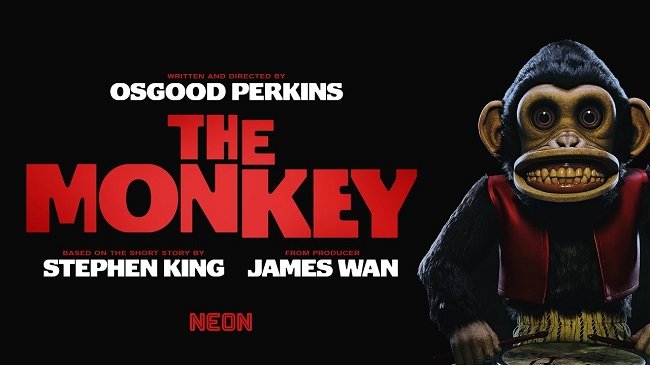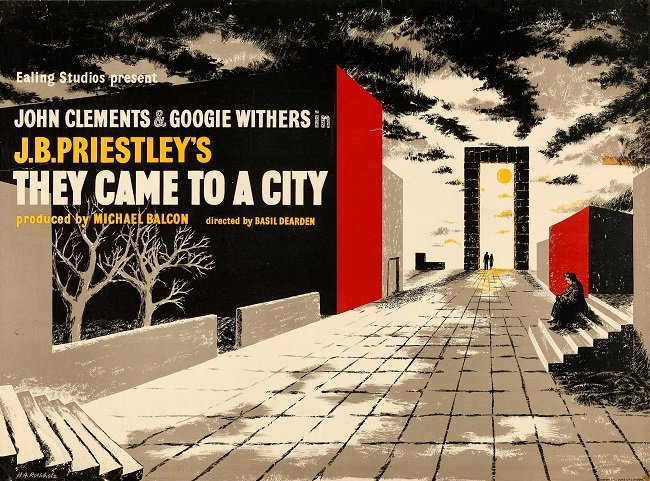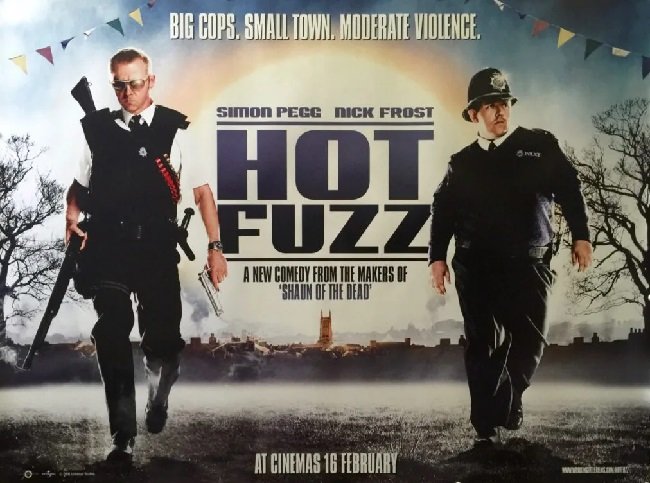Selma (2014)
Rather than overreach itself by striving to dramatize the entire career of Martin Luther King, Selma very sensibly focuses on the key event that took in Alabama in 1965. In doing so it provides a snapshot of the internal politics of the civil rights movement, as well as the personal concerns and doubts of Dr. King. Rather than placing key figures upon pedestals, Selma realistically show the complexity both legally and politically of the cultural changes that were taking place. It also shows the human flaws of many of the key protagonists.
Directed by Ava DuVernay, Selma is meticulously crafted in every way. It provides a fascinating breakdown of Dr. King’s political manoeuvrings with President Lyndon B. Johnson as well as his dealings with the internal hierarchy of the SCLC. The set pieces are both accurate and compelling showing the brutality that the peaceful protesters faced. Selma also highlights the difference between the press and media of the time and the twenty-four-hour news cultures that we currently live with. The importance of the evening news and the morning papers are shown to be key features to the campaigning. Popular opinion is shown to be galvanised over weeks rather than days.
Selma features a powerful ensemble cast in David Oyelowo, Tom Wilkinson, Tim Roth, Carmen Ejogo and Oprah Winfrey. Their performances are measured and strong, as is the screenplay by Paul Webb. Yet it has to be said that David Oyelowo’s portrayal of Dr. King is the foundation of the movie. He captures the civil rights leader’s oratory style and cadence perfectly and breathes life into a figure we know mainly through his historical legacy. Composer Jason Moran also deserves recognition for his soundtrack which intelligently underpins the unfolding story.
One of greatest strengths of Selma is that it does not lecture its audience. The events shown are largely left to speak for themselves, with any superfluous moral exposition. The murder of Jimmie Lee Jackson is a powerful example of this, playing out with an unflinching sense of inevitability. Director Ava DuVernay also boldly chooses to show a high-profile star such as Oprah Winfrey being beaten by State Troopers. On this occasion the presence of such a well-known figure helps audience connect to the power of the scene and its appalling barbarity.
Selma ends with a traditional postscript in which a summary of subsequent events plays out over a montage of original stills and footage. This succinctly shows that although progress was made as a result of the marches, resulting in new legislation, it still took further work, lobbying and campaigning to achieve all the desired results. Some would argue that the fight for equality in the US is still ongoing. Either way, Selma provides us with a timely reminder regarding the human cost of the day-to-day freedoms that we take for granted and is a fine piece of film making.




























